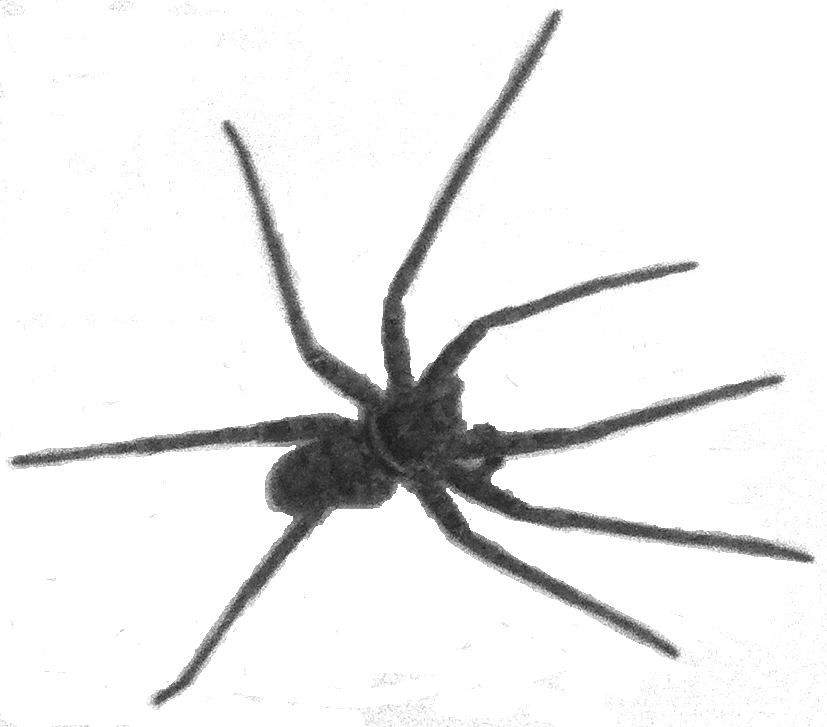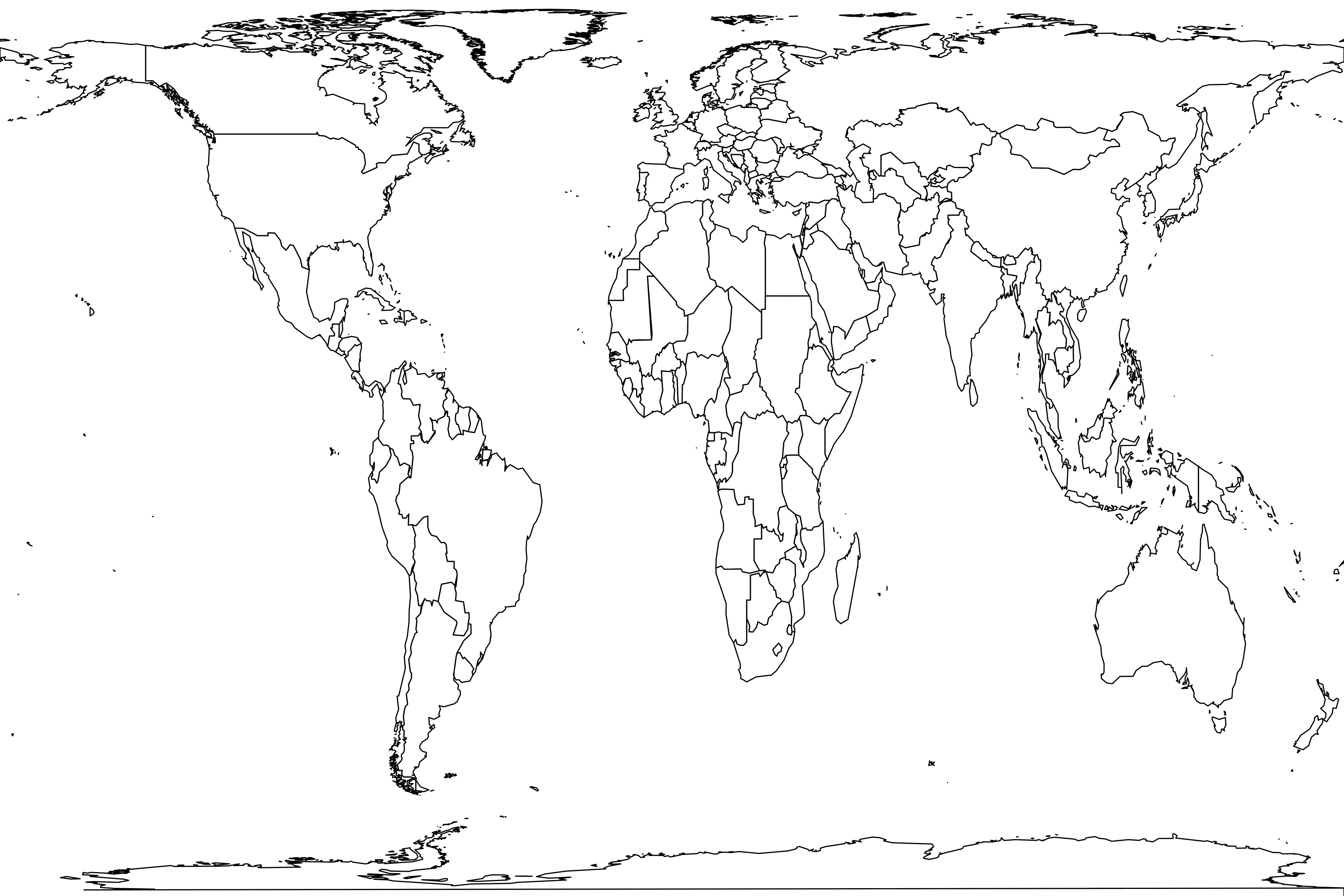Caune de l'Arago (Unit D)
Basic information
Sample name: Caune de l'Arago (Unit D)
Reference: D. Barsky, A. M. Moigne, and V. Pois. 2019. The shift from typical Western European Late Acheulian to microproduction in unit 'D' of the late Middle Pleistocene deposits of the Caune de l'Arago (Pyren ees-Orientales, France). Journal of Human Evolution 135(102650):1-16 [ER 3893]
Geography
Country: France
State: Occitania
County: Pyrenees-Orientales
Coordinate: 42.83971° N, 2.754946° E
Latlng basis: estimated from map
Formation: Ensemble Stratigraphique III (ES III)
Time interval: Middle Pleistocene
Max Ma: 0.45
Min Ma: 0.35
Age basis: other
Geography comments: Caune de l'Arago is a cave located near the top of a 100 m tall cliff on the eastern side of the Verdouble River at the Gouleyrous Gorges
Unit D is a series of archaeological levels of the Caune de l'Arago dating to the end of MIS 12
"Stratigraphic correlations" have dated Unit D to 0.450 - 0.350 Ma
Unit D is a series of archaeological levels of the Caune de l'Arago dating to the end of MIS 12
"Stratigraphic correlations" have dated Unit D to 0.450 - 0.350 Ma
Environment
Lithology: sandstone
Taphonomic context: cave, fissure fill, human accumulation
Archaeology: stone tools
Habitat comments: The cave is carved out of a limestone cliff with Unit D being one of the layers within a depost of 15m thick infill
Unit D is composed of "coarse layered sands"
The lithic assemblage of unit D is composed of mostly small quartz pebbles
Cut marks and intentional breakage are evidence towards the significant role of humans in the accumulation of Unit D
"Traces attributed to rodent intervention (Hystrix) are also obvious on some reindeer metacarpals"
Barsky et al mention that carnivorans, rodents, and rabbits appear to have occupied the cave while humans were absent though it is unclear if they mean to say they had any role in the accumulation of Unit D
Unit D is composed of "coarse layered sands"
The lithic assemblage of unit D is composed of mostly small quartz pebbles
Cut marks and intentional breakage are evidence towards the significant role of humans in the accumulation of Unit D
"Traces attributed to rodent intervention (Hystrix) are also obvious on some reindeer metacarpals"
Barsky et al mention that carnivorans, rodents, and rabbits appear to have occupied the cave while humans were absent though it is unclear if they mean to say they had any role in the accumulation of Unit D
Methods
Life forms: carnivores, rodents, ungulates, other small mammals
Sampling methods: quarry
Sample size: 800 specimens
Net or trap nights: 0
Basal area status: not applicable
Sampling comments: The remains from Unit D come from two separate loci
1056 coordinated fossils were recovered from Unit D, with 435 determined to species
1056 coordinated fossils were recovered from Unit D, with 435 determined to species
Metadata
Sample no: 4273
Contributor no: Jack Nesbitt
Enterer: Jack Nesbitt
Created: 2023-05-18 15:57:56
Modified: 2023-05-18 05:57:56
Abundance distribution
Each square represents a species. Square sizes are proportional to counts. Values are logged.
Statistics
16 species
1 singleton
total count 800
geometric series index: 20.1
Fisher's α: 2.834
geometric series k: 0.7063
Hurlbert's PIE: 0.7365
Shannon's H: 1.7752
Good's u: 0.9988
Register
| †Bison priscus (bison) | 10 | |
| †Hemitragus bonali (tahr) | 98 | |
| Ovis ammon antiqua (argali) | 125 | |
| "Ovis antiqua" | ||
| Cervus elaphus (red deer) | 53 | |
| Rangifer tarandus (reindeer) | 18 | 69.0 kg |
| Dama dama clactoniana (European fallow deer) | 8 | |
| "Dama clactoniana" | ||
| †Equus mosbachensis (horse) | 54 | |
| †Stephanorhinus hemitoechus (narrow-nosed rhinoceros) | 11 | |
| †Canis etruscus (Etruscan wolf) | 3 | |
| Vulpes vulpes (red fox) | 7 | |
| †Ursus deningeri (bear) | 37 | |
| Lynx pardinus spelaeus (Iberian lynx) | 1 | |
| "Lynx spelaeus" | ||
| Panthera sp. | 2 | |
| "Panthera leo": no details are given, so it is unclear whether this might be Panthera spelaea | ||
| Castor fiber | 3 | |
| Hystrix sp. | 2 | |
| "Hystrix vinogradi" | ||
| Oryctolagus cuniculus | 368 | 2.5 kg |


